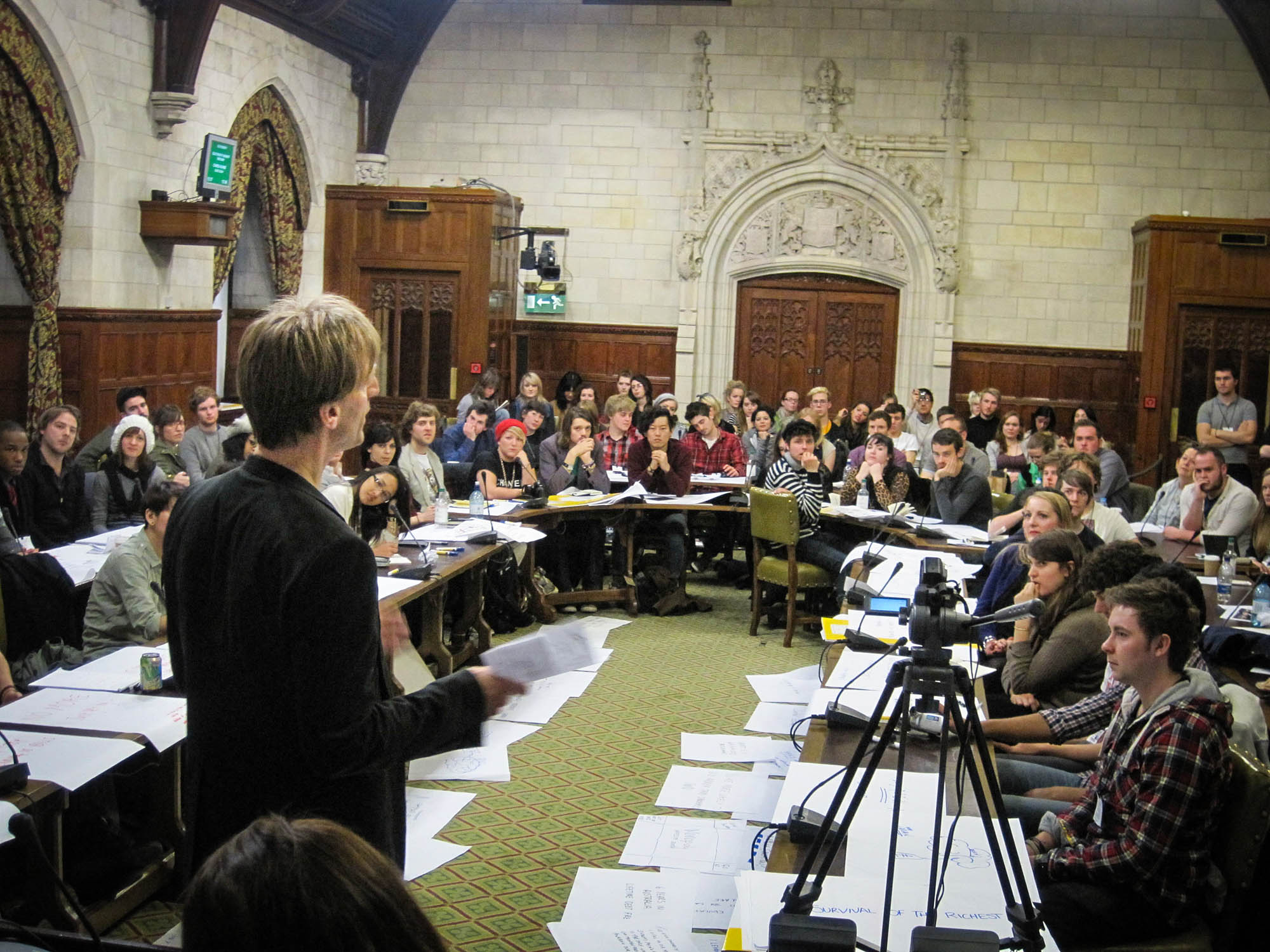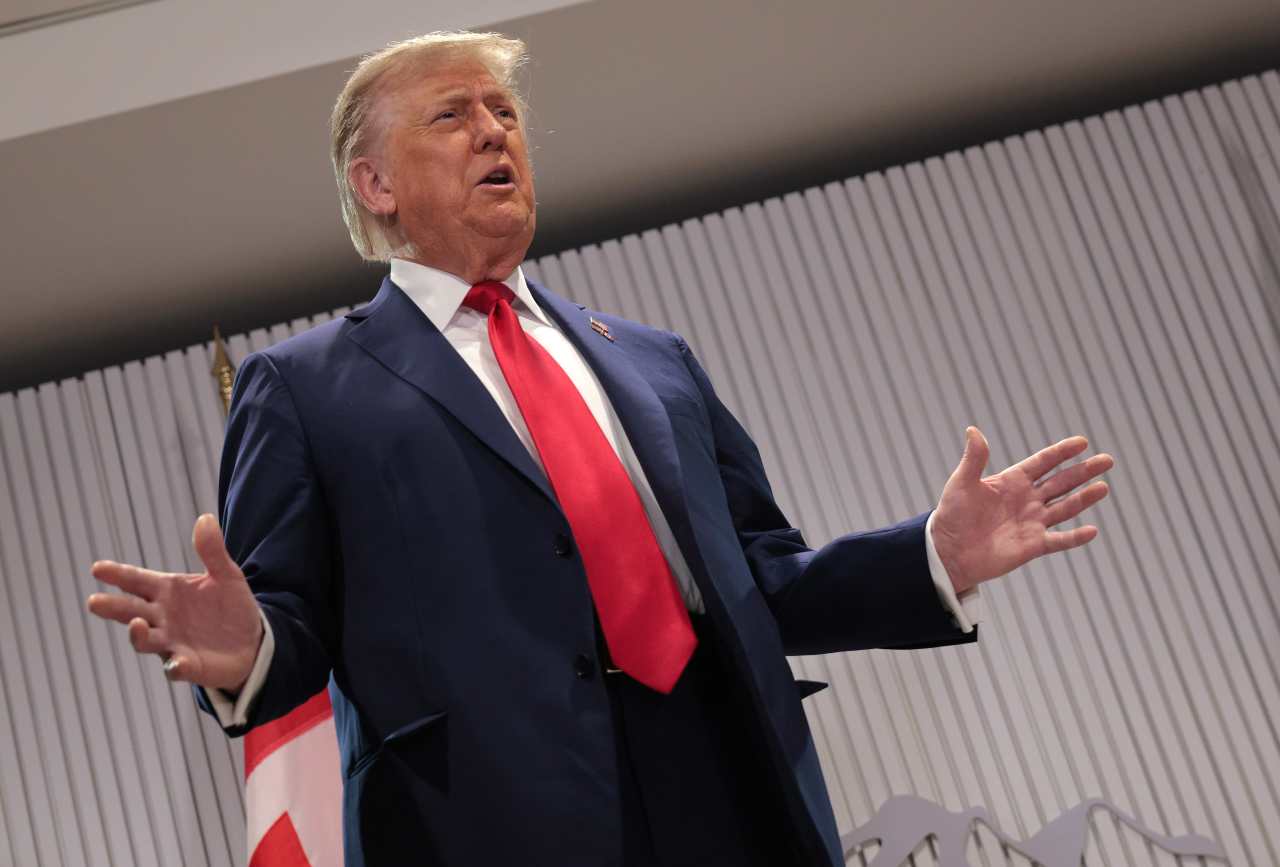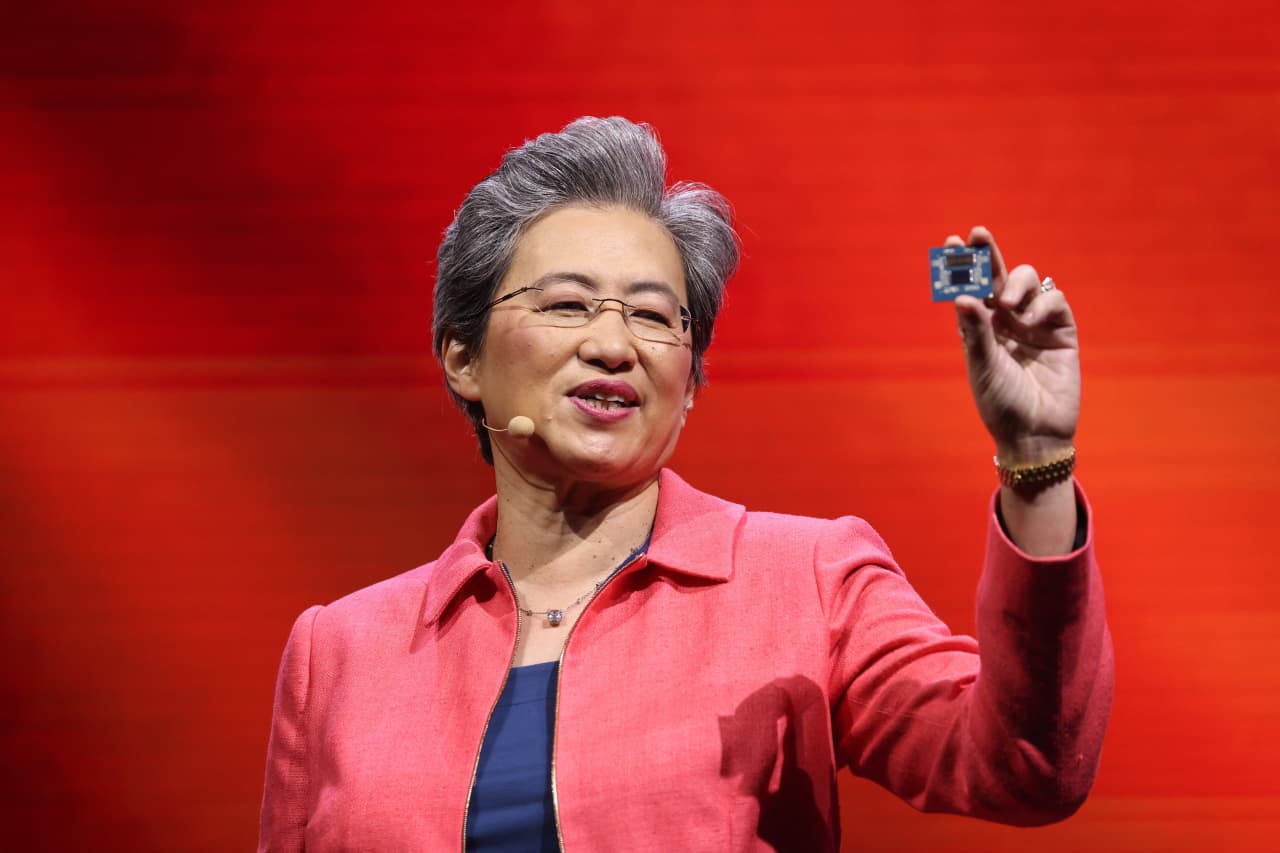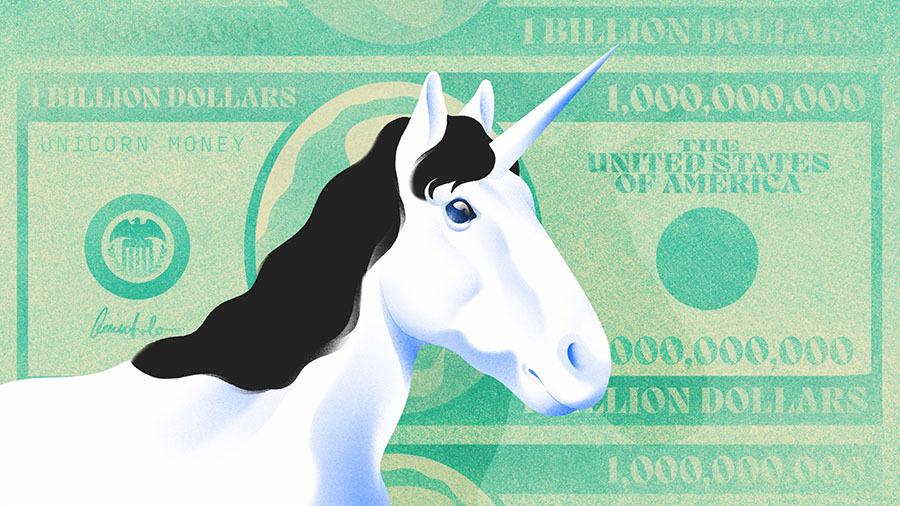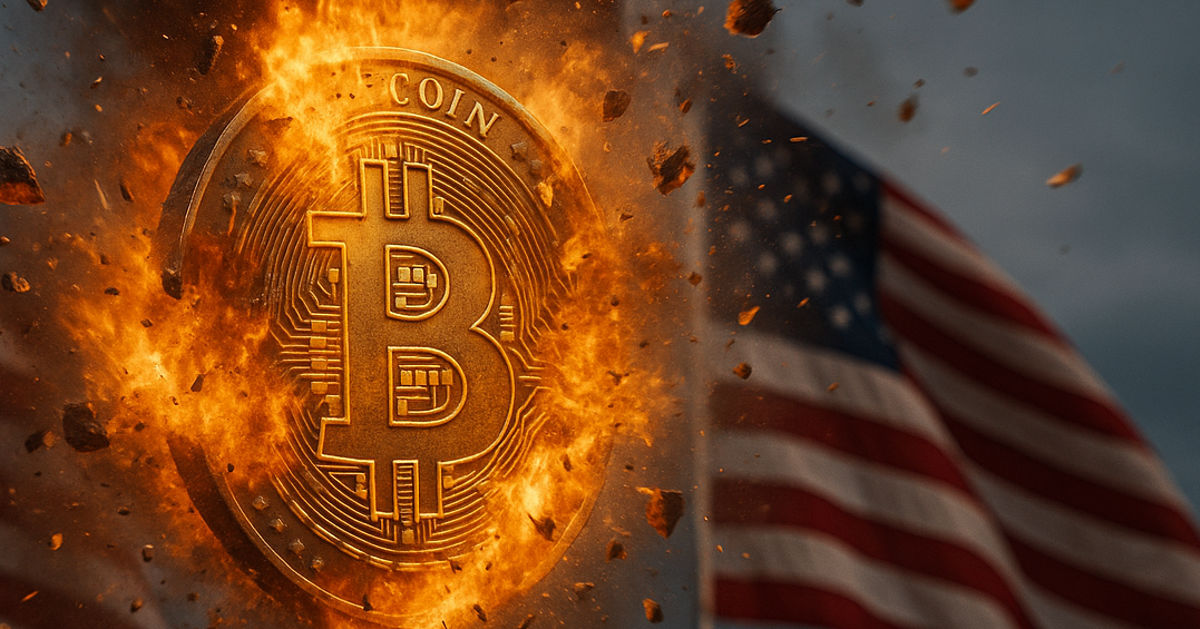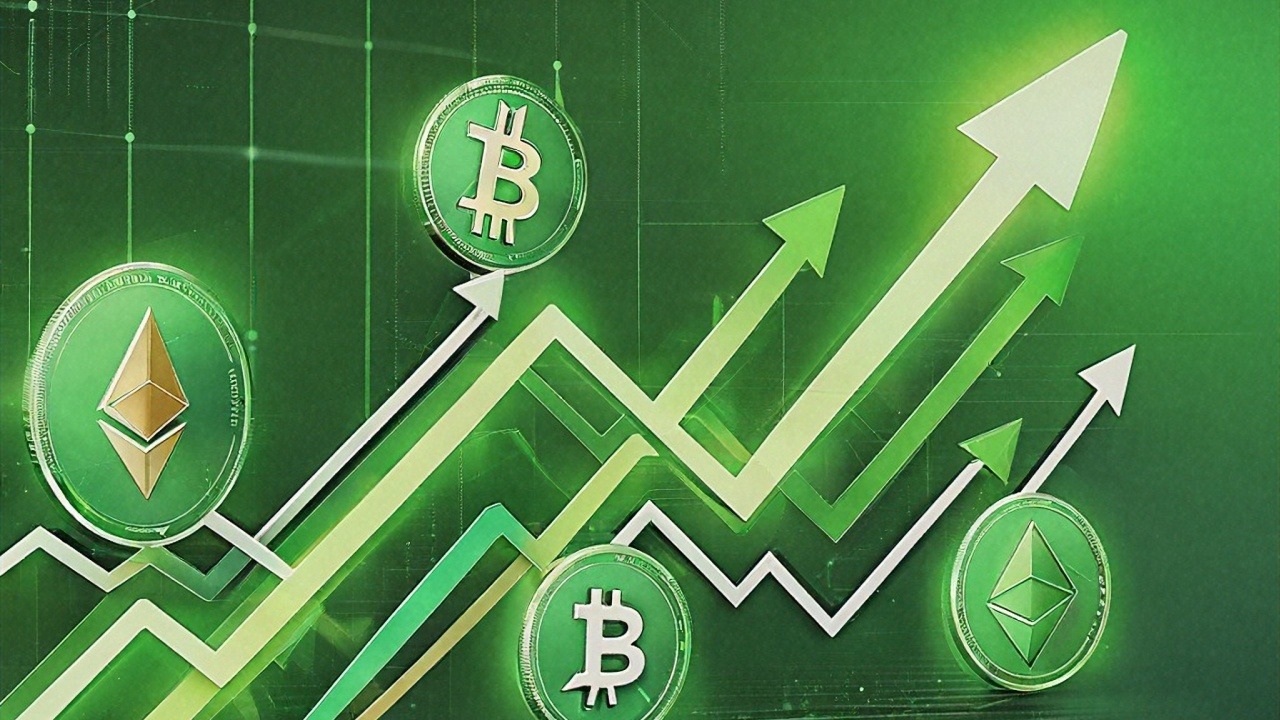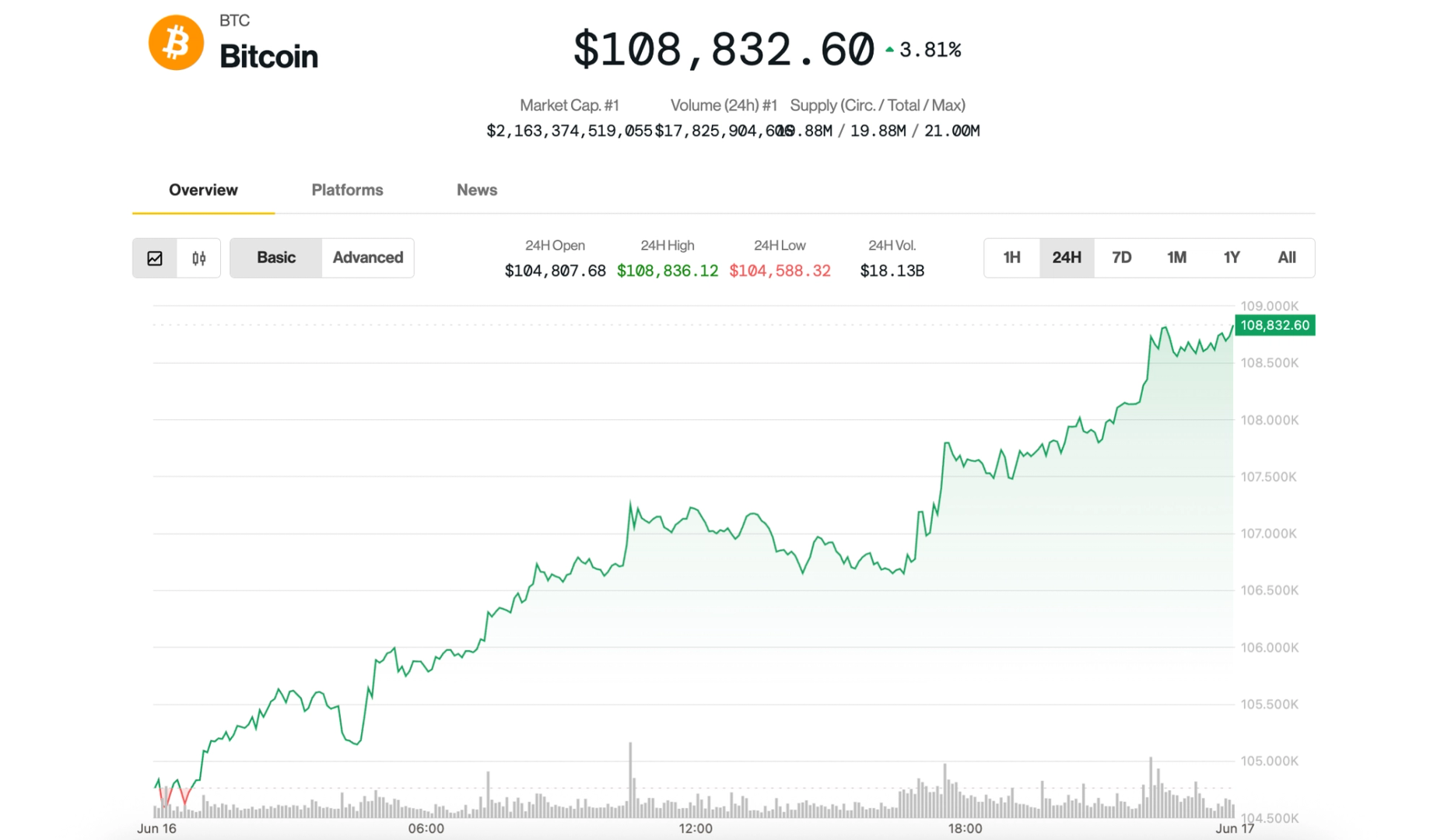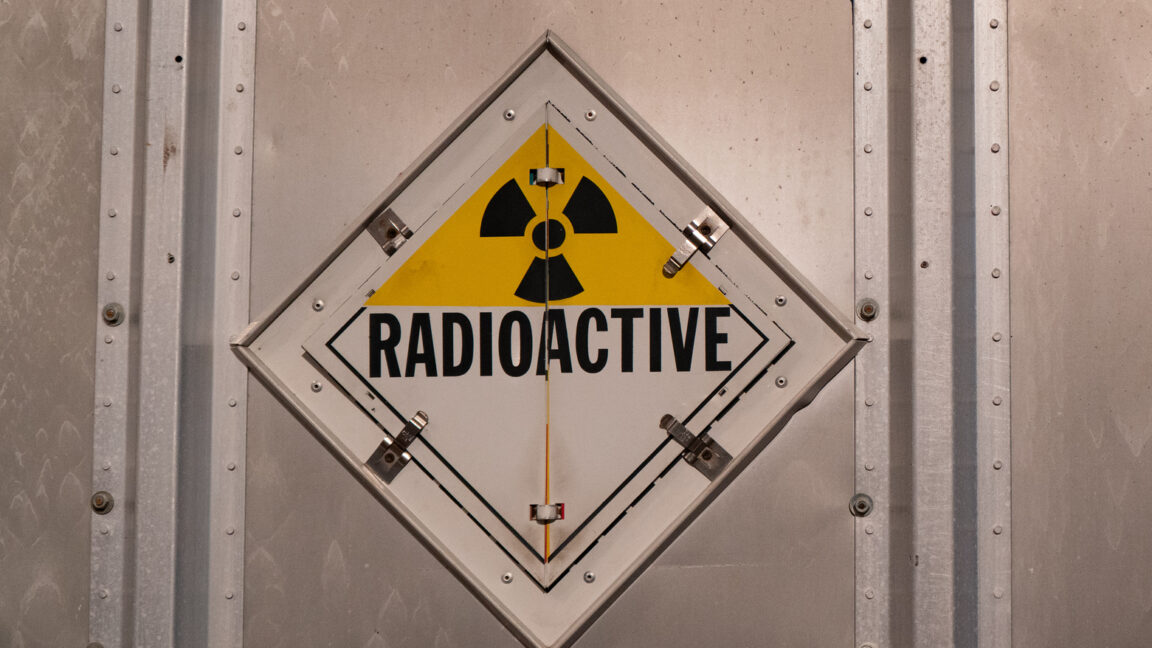Bitcoin and the Second Law of Thermodynamics
Have you ever thought about how Bitcoin isn’t just a financial breakthrough — it’s also aligned with the laws of nature? The Second Law of Thermodynamics says that in any isolated system, entropy (disorder or randomness) increases over time. Systems naturally move from order to disorder. From simplicity to complexity. From centralization to decentralization. Now think about Bitcoin. Early Bitcoin was low entropy Very few users A handful of miners A small number of nodes Predictable behavior and development It was a simple, ordered system. Low entropy. As Bitcoin grows, so does entropy More people adopt it Nodes and miners are spread across the world Exchanges, wallets, apps, and tools multiply Use cases become more diverse and unpredictable The system becomes more complex, more decentralized, and more resistant to control. That’s entropy increasing. Bitcoin follows the same irreversible path as all natural systems. Mining increases entropy too Mining isn’t just about minting new coins — it’s a physical process. It consumes ordered energy (electricity), performs irreversible computation (SHA-256), and produces heat, randomness, and an open monetary network. That’s entropy in action. Bitcoin is evolving exactly the way nature expects it to It doesn’t rely on trust or authority. It doesn’t try to stay static. It adapts, spreads, and decentralizes. Because of this, Bitcoin isn’t just a good idea. It’s a system that reflects the fundamental direction of the universe. Bitcoin is the future of currency — not just economically, but thermodynamically. Let me know what you think. I’m curious if others see Bitcoin this way too. submitted by /u/rupsdb [link] [comments]
Have you ever thought about how Bitcoin isn’t just a financial breakthrough — it’s also aligned with the laws of nature?
The Second Law of Thermodynamics says that in any isolated system, entropy (disorder or randomness) increases over time. Systems naturally move from order to disorder. From simplicity to complexity. From centralization to decentralization.
Now think about Bitcoin.
Early Bitcoin was low entropy
Very few users
A handful of miners
A small number of nodes
Predictable behavior and development
It was a simple, ordered system. Low entropy.
As Bitcoin grows, so does entropy
More people adopt it
Nodes and miners are spread across the world
Exchanges, wallets, apps, and tools multiply
Use cases become more diverse and unpredictable
The system becomes more complex, more decentralized, and more resistant to control. That’s entropy increasing. Bitcoin follows the same irreversible path as all natural systems.
Mining increases entropy too
Mining isn’t just about minting new coins — it’s a physical process. It consumes ordered energy (electricity), performs irreversible computation (SHA-256), and produces heat, randomness, and an open monetary network.
That’s entropy in action.
Bitcoin is evolving exactly the way nature expects it to
It doesn’t rely on trust or authority. It doesn’t try to stay static. It adapts, spreads, and decentralizes.
Because of this, Bitcoin isn’t just a good idea. It’s a system that reflects the fundamental direction of the universe.
Bitcoin is the future of currency — not just economically, but thermodynamically.
Let me know what you think. I’m curious if others see Bitcoin this way too.
[link] [comments]
















